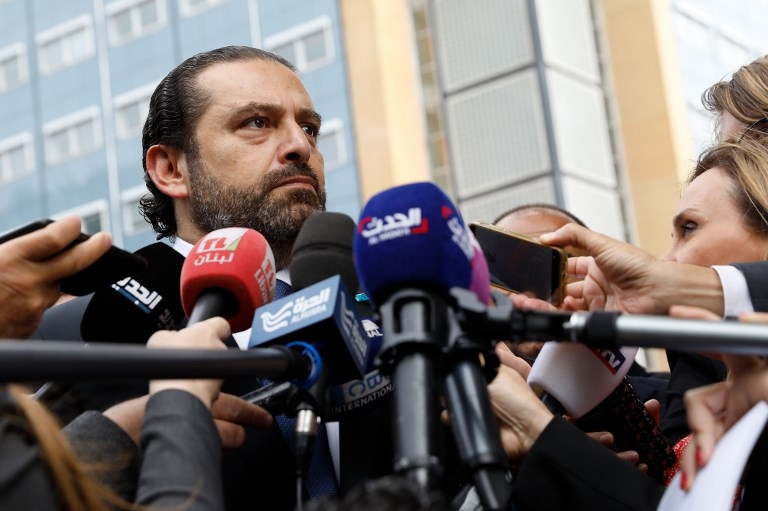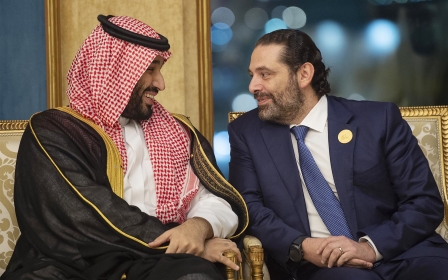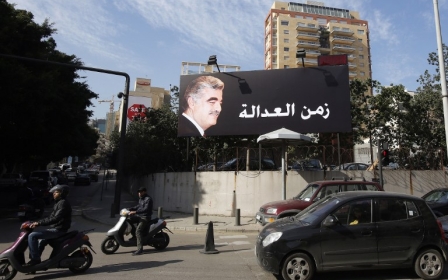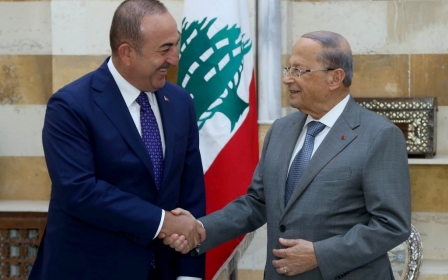Lebanon's PM Hariri shuts down TV station and flies to Saudi Arabia

Lebanon’s Prime Minister Saad Hariri made a snap visit to the Saudi capital of Riyadh late on Wednesday after the Saudi ambassador in Beirut handed him an invitation from King Salman.
Hariri’s visit comes days after Saudi Arabia faced a damaging and unprecedented attack by drones on oil fields in the eastern part of the country.
The attack, claimed by Houthi rebels but blamed on Iran by Saudi Arabia and the US, led the kingdom to cut its oil exports in half this week.
In a previous visit to the kingdom in November 2017, Hariri was detained and apparently coerced into making a public resignation on television while in the country. After two weeks, he returned to Lebanon and rescinded his resignation.
Saudi Arabia financially backs Hariri and his political faction, the Future Movement, against its rival party, Iran ally Hezbollah, in Lebanon.
Before flying to Riyadh on Wednesday, Hariri suspended operations at Future TV, his cash-strapped news channel which was founded in 1993.
Hariri, who holds Saudi citizenship, has been in financial difficulties over the past two years and was forced to shut his giant construction company Saudi Oger, which was founded by his father, business tycoon and assassinated former prime minister Rafiq Hariri.
Saudi Oger, part of Hariri business empire, collapsed in July 2017, leaving thousands jobless.
Announcing Future TV's closure, he promised employees that he had found funding to pay them almost 10 percent of their overdue salaries, which for some amounts to two years of missed pay, Lebanese newspaper Al-Akhbar reported.
"It is with a sad heart that I announce today the decision to suspend work at Future TV and settle the rights of the workers," Hariri's office said in a statement.
Future TV, once a significant channel in the 1990s in the Arab world, has been restreaming old programmes after some of its 380 employees went on strike for not being paid.
In January, Hariri also closed his Al-Mustaqbal newspaper.
Hariri said the closure of Future TV was not meant to be permanent, but to aim for "preparing for a new phase in which it aspires to return in the coming months".
Middle East Eye propose une couverture et une analyse indépendantes et incomparables du Moyen-Orient, de l’Afrique du Nord et d’autres régions du monde. Pour en savoir plus sur la reprise de ce contenu et les frais qui s’appliquent, veuillez remplir ce formulaire [en anglais]. Pour en savoir plus sur MEE, cliquez ici [en anglais].




